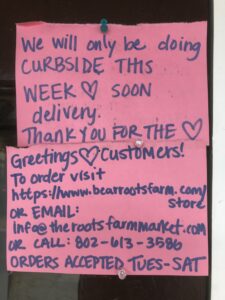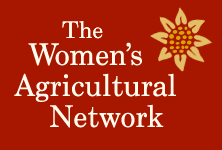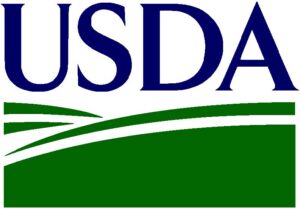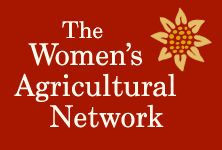If you are a “socially disadvantaged” Vermont farmer or food producer who is selling or is willing to sell direct-to-consumer or direct-to-institution and who is looking to find a new institutional market, add your contact information to this farmer signup form by February 28 to self-identify as eligible and interested in selling to organizations who will distribute food to underserved communities.
The Agency of Agricuture,
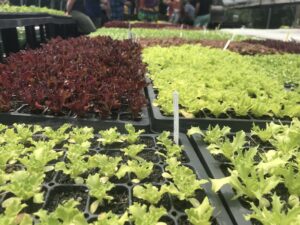
Food and Markets (AAFM) has provided several organizations federal funds to purchase foods from “socially disadvantaged farms” and distribute it to “underserved communities” (as defined by USDA).
According to the USDA definition for these funds, a “Socially Disadvantaged Farmer or Rancher is a farmer or rancher who is a member of a Socially Disadvantaged Group. A Socially Disadvantaged Group is a group whose members have been subject to discrimination on the basis of race, color, national origin, age, disability, and, where applicable, sex, marital status, familial status, parental status, religion, sexual orientation, genetic information, political beliefs, reprisal, or because all or apart of an individual’s income is derived from any public assistance program.”
AAFM has 5 projects underway with community partners and are currently in the process of finalizing the next round of project recipients. AAFM anticipates more funding coming from USDA this year.
Interested farmer/producer information will be shared with entities that have received funding; AAFM does not guarantee any sales will result from the connection nor do they endorse any entity, but they are happy to make the connections. Please fill out the form before February 28th to make it on the first copy of the interested producer list, which AAFM will periodically update thereafter.
Questions? Contact Julia at Julia.Scheier@vermont.gov or 802-522-7042

